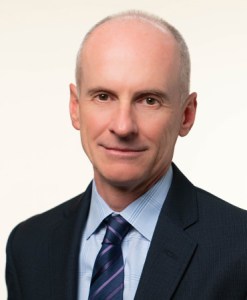We examine the dynamic macroeconomic effects of public infrastructure investment both theoretically and empirically, using a novel data set we compiled on various highway spending measures. Relying on the institutional design of federal grant distributions among states, we construct a measure of government highway spending shocks that captures revisions in expectations about future government investment. We find that shocks to federal highway funding has a positive effect on local GDP both on impact and after 6 to 8 years, with the impact effect coming from shocks during (local) recessions. However, we find no permanent effect (as of 10 years after the shock). Similar impulse responses are found in a number of other macroeconomic variables. The transmission channel for these responses appears to be through initial funding leading to building, over several years, of public highway capital which then temporarily boosts private sector productivity and local demand. To help interpret these findings, we develop an open economy New Keynesian model with productive public capital in which regions are part of a monetary and fiscal union. We show that the presence of productive public capital in this model can yield impulse responses with the same qualitative pattern that we find empirically.
Appendices to Working Paper 2012-04 (pdf, 148 kb)

